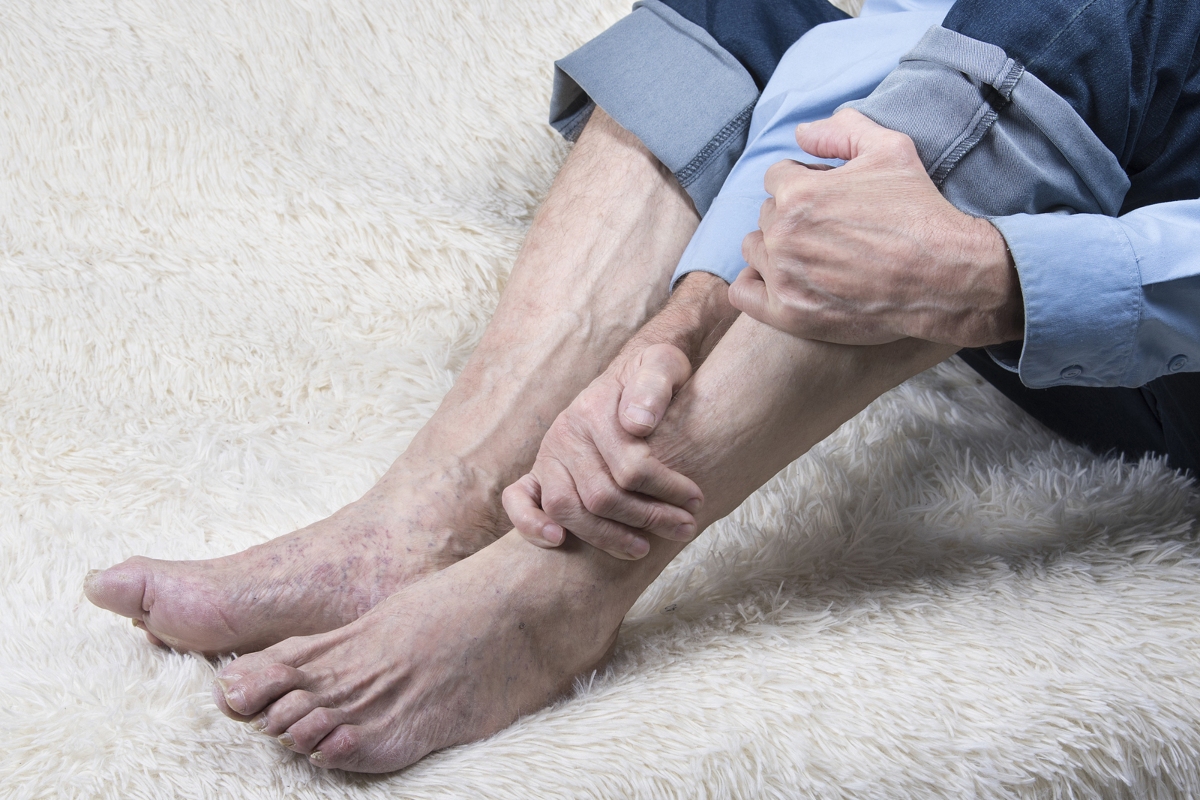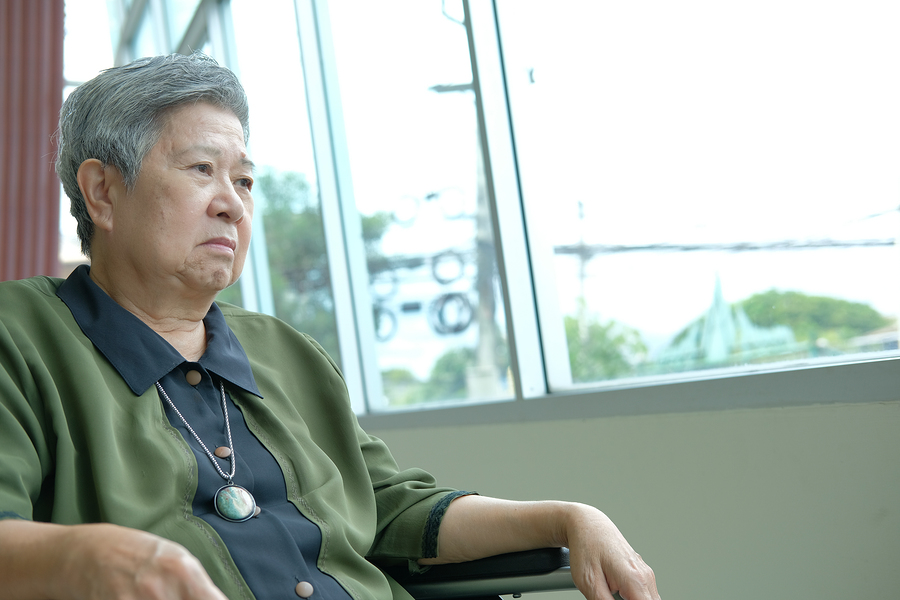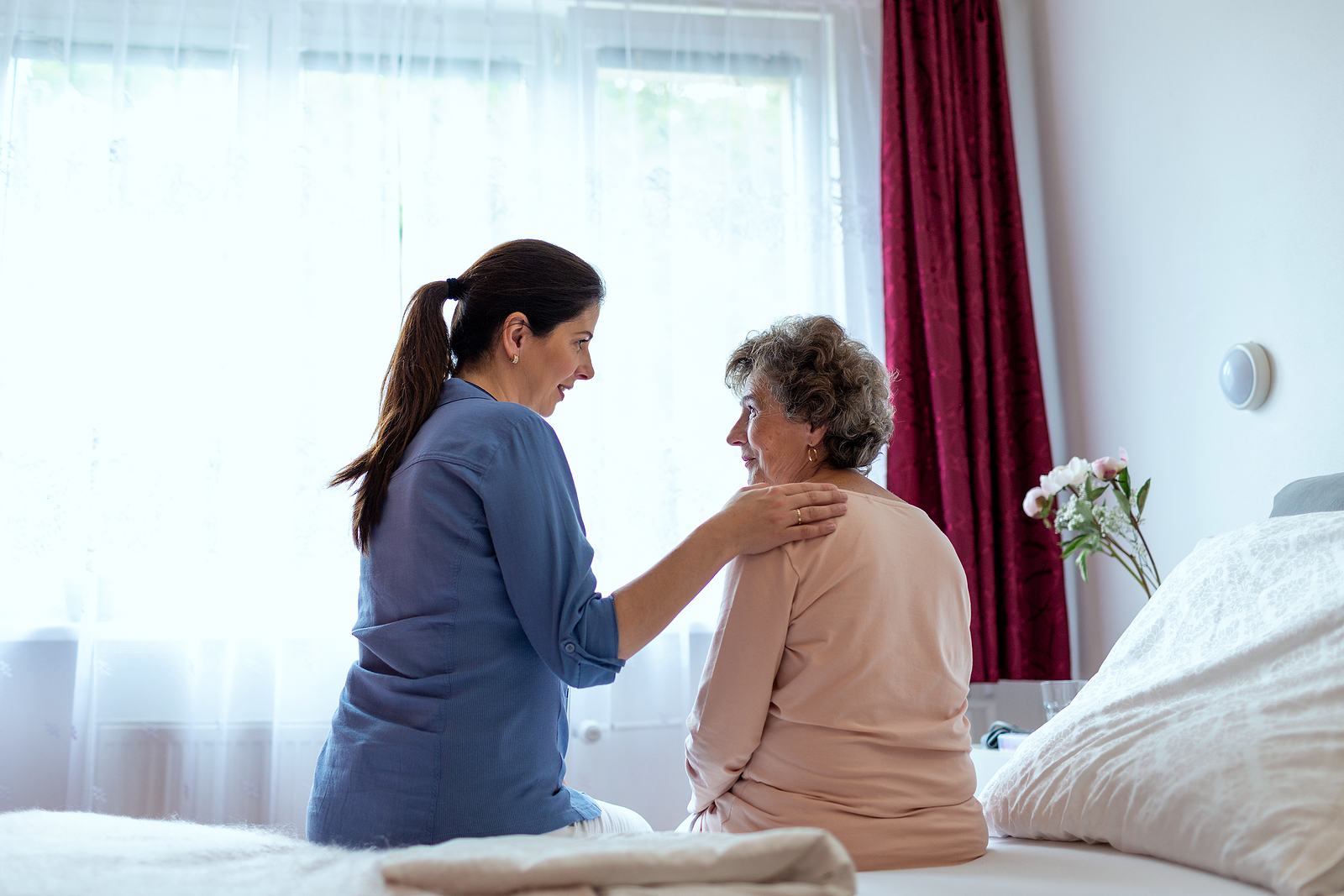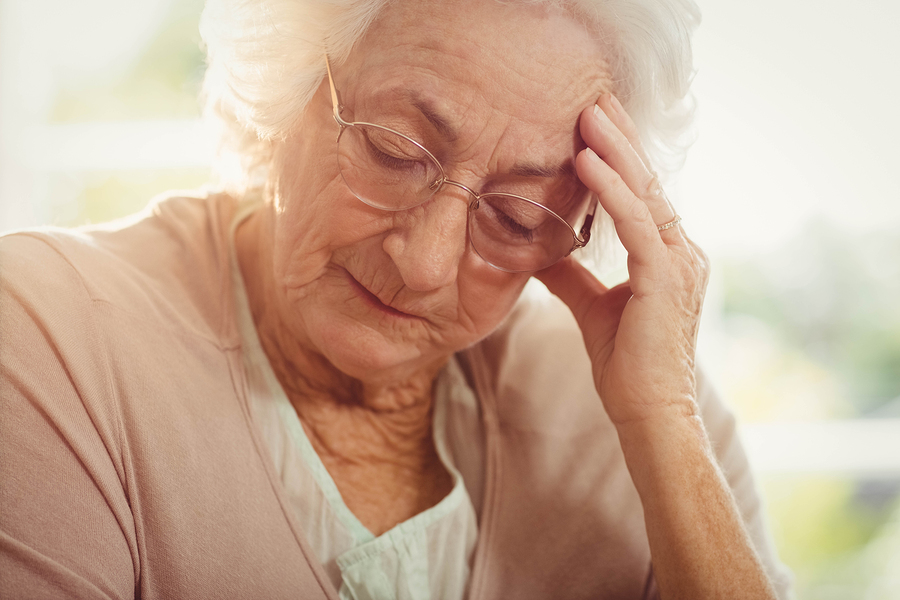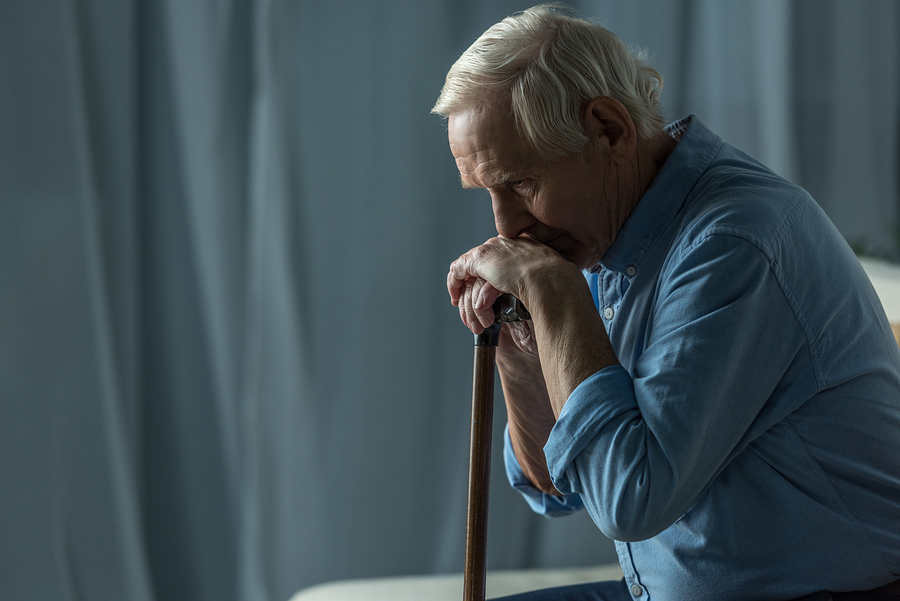Weakening bones are unfortunately a pretty normal part of aging and it can cause pain in multiple ways, including a person’s feet. Here are a few reasons your senior mom or dad may have foot pain and what they can do to stop it.
They May Suffer From Arthritis
A common problem that so many of your elderly loved ones may battle is having arthritis. This will not only impact their entire body, but it can impact their feet too. It may make it painful to walk and move around, and it may cause inflammation in their feet. Of course, elder care can help your loved one age in place and can help do a lot of the chores for your elderly loved one, but the truth is the worst thing a senior can do is stop moving. When a senior stops walking around, the inflammation will become worse. But it can be so hard to walk through the pain. Your elderly mom or dad may need to see a doctor to get prescribed medication to manage their arthritis. Remember that some days may be more challenging than others, and certain things may cause a flare-up, making it harder to move around.
Seniors May Have The Wrong Shoes
If your loved one has had the same shoes for several years, they could be breaking down, or they could be too used, causing foot pain. If they are new shoes, they may not have the right arch support, or they may not be the right size. Finding the right pair of shoes is crucial to managing foot pain, which your mom or dad may need help with. If you are too busy to go shoe shopping with them, this is something that elder care may help your loved one do. Your loved one may need rides to the stores or help with online shopping, which the right caregiver can help with.
Their Toenails May Have Problems
Often, as a senior gets older their feet become more neglected. It can be hard to trim toenails, hard to moisturize their feet, and maybe even hard to wash their feet while in the bathtub. They often do not wish to ask for help because this is sensitive, and they don’t want to rely on their adult children. Unfortunately, it can lead to health problems and foot pain when it becomes neglected. Elder care can help a senior take care of their feet by trimming toenails, using fungal cream, and ensuring their feet stay healthy. Relying on elder care for these tasks may be more comfortable for your loved one. If foot problems become too bad, a senior may need to see a podiatrist, who is a professional foot doctor, for more help.
They May Have Too Much Moisture
When your loved one is always in shoes and their feet are sweating, the moisture becomes trapped, and this can cause problems. It is important to let your feet breathe daily to stay healthy. This may not be something a senior always thinks about, but it is something that elder care can help remind them of.
If you are considering elder care in Summerlin, NV for an aging loved one, please contact the caring staff at Golden Heart Senior Care of Summerlin. 702-800-4616.
